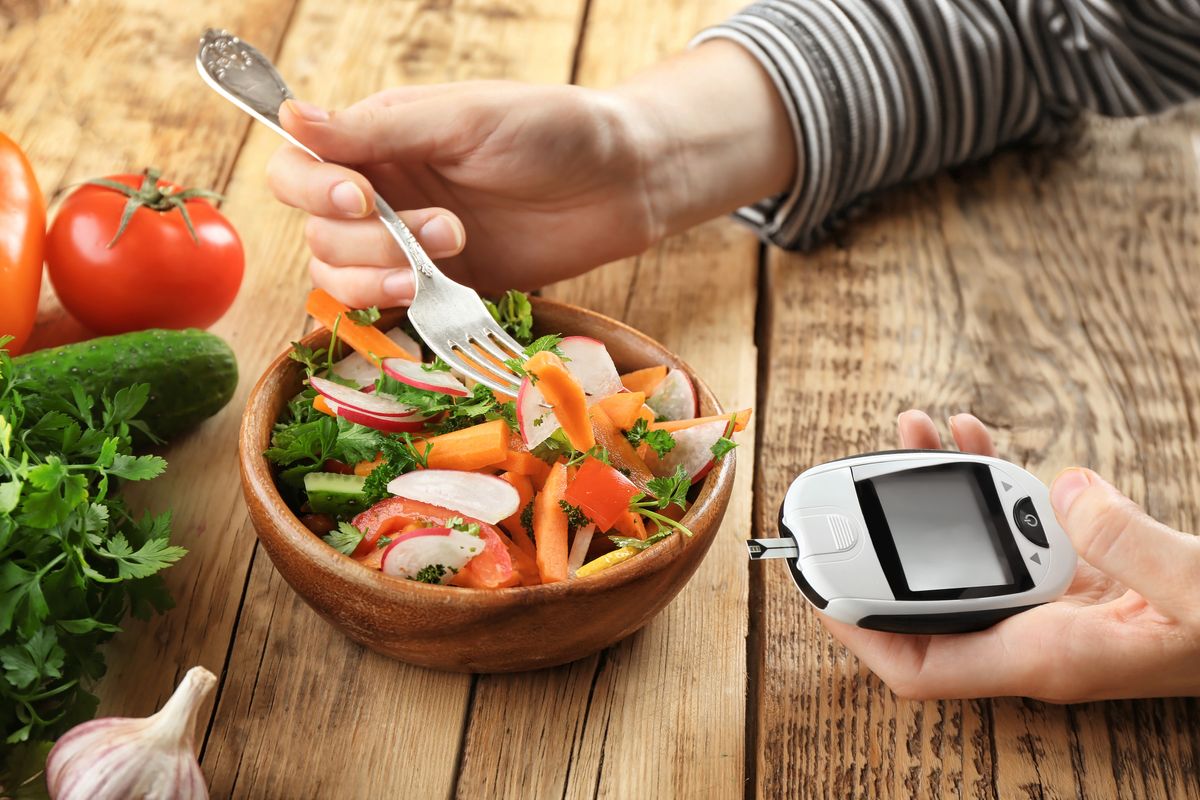Monitoring your sugar intake is beneficial for everyone, regardless of their health condition. For individuals living with diabetes, excessive sugar consumption can pose significant dangers. However, by incorporating the best foods into their diet, they can effectively manage their condition and reduce potential risks.
Before delving into the recommended foods, it's essential to understand diabetes and its potential consequences when left uncontrolled. Diabetes occurs when blood sugar levels remain consistently high, affecting insulin production from the pancreas. Insulin is vital for transporting glucose into the body's cells for energy. When insufficient insulin is produced, glucose accumulates in the blood. If diabetes remains unmanaged, it can lead to kidney damage, heart disease, nerve damage impacting the feet, and blood vessel damage affecting vision, potentially leading to blindness.
Managing diabetes involves various lifestyle adjustments, such as regular exercise, avoiding smoking, managing stress, and achieving a healthy weight. However, a crucial aspect is consuming foods that are diabetes-friendly and won't cause rapid spikes in blood sugar levels. This entails limiting, but not entirely eliminating, foods high in sugar and refined carbohydrates.
Fortunately, there are plenty of delicious and satisfying options for individuals with diabetes that promote better blood sugar control. These foods are rich in nutrients like fiber, healthy fats, and proteins, which facilitate slower digestion and steadier blood sugar levels.
Read on for the ultimate list of diabetes-friendly foods that can enhance your health and well-being.
Best Starch Options for People with Diabetes
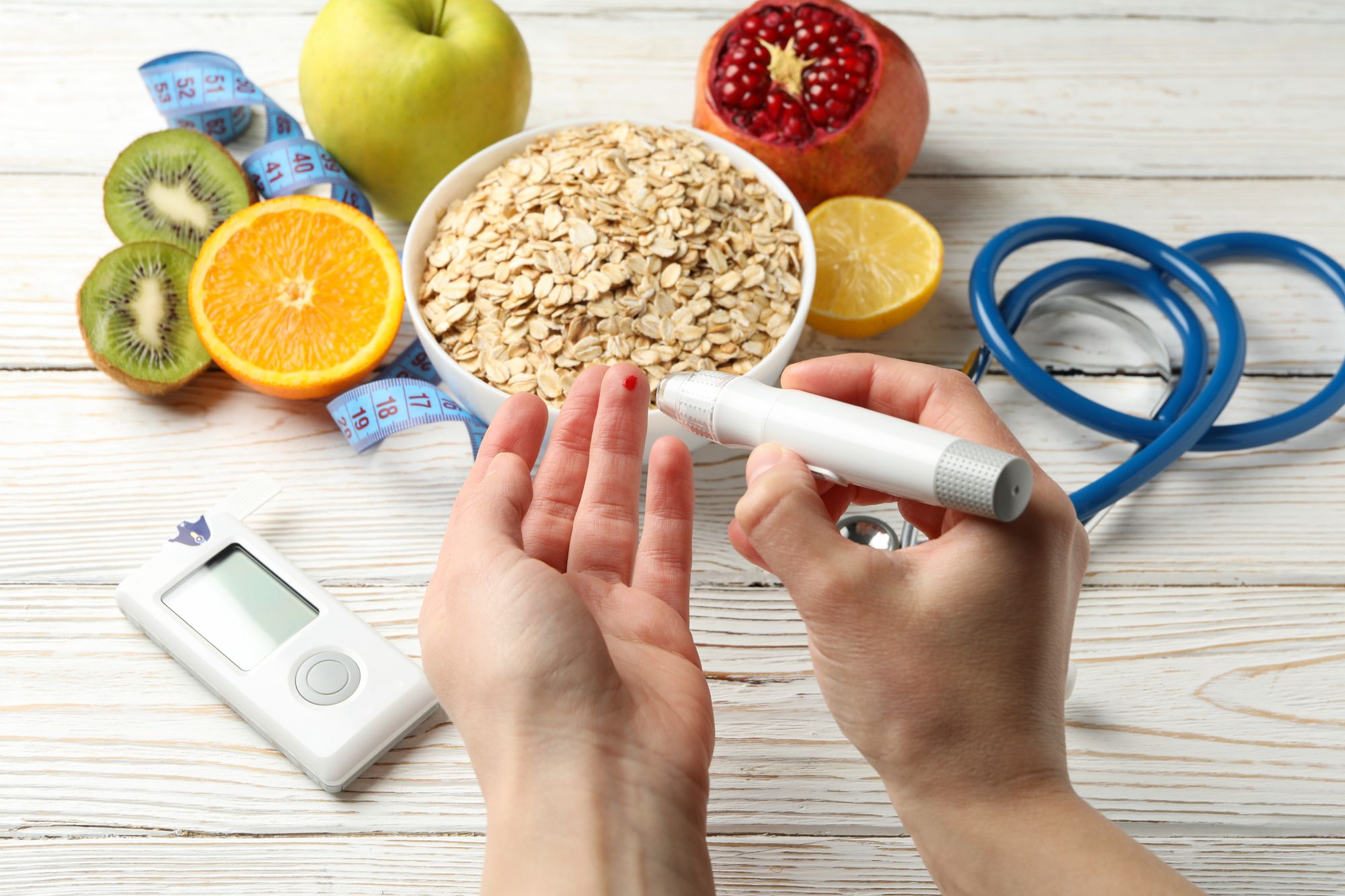
For individuals living with diabetes, managing carbohydrate intake is essential for stabilizing blood sugar levels and overall health. According to the American Diabetes Association's Diabetes Plate Method, one-quarter of the plate should be filled with fiber-filled complex carbohydrates, fruits, milk, or yogurt. Choosing the right starches, rich in vitamins, minerals, and blood-sugar-balancing fiber, is crucial. Here are some top-notch options to consider:
Quinoa:
Quinoa is a popular whole grain with a nutty flavor, making it a smart addition to a diabetes-friendly diet. It boasts both fiber and protein, leading to increased feelings of fullness and better blood sugar control. The protein in quinoa aids in the slow absorption of carbohydrates, preventing rapid spikes in blood sugar levels. It's incredibly versatile and can be enjoyed in salads, casseroles, or as a base for various dishes.
Beans:
Beans, such as kidney beans and black beans, provide a winning combination of plant-based protein and soluble fiber. These nutrients contribute to increased satiety and steady blood sugar levels. Replacing some animal protein with beans can be beneficial for heart health, which is particularly crucial for individuals with diabetes, as they are more susceptible to heart disease.
Oats:
Oats are a well-known source of beta-glucan fiber, which has been shown to have anti-diabetic effects. This type of fiber helps reduce high blood sugar and blood pressure levels. Opt for savory oatmeal instead of sweetened versions to avoid added sugars. Alternatively, explore overnight oats recipes for a convenient and healthy breakfast option.
100% Whole Wheat Bread:
Contrary to popular belief, individuals with diabetes can still enjoy carbohydrates. However, it's essential to choose complex carbs like 100% whole wheat bread, which offers more nutrients and blood-sugar-stabilizing fiber compared to its refined counterparts. Be mindful of portion sizes to prevent excessive carb consumption.
Chickpeas:
Chickpeas, also known as garbanzo beans, are a versatile legume that can replace animal protein in various dishes. They are rich in fiber, making them an excellent option for maintaining stable blood sugar levels. Roasted and seasoned chickpeas are a tasty and nutritious high-fiber, low-carb snack.
Wild Rice:
For those who want to enjoy rice while managing diabetes, wild rice is an excellent choice. Unlike white rice, wild rice is high in fiber, which aids in slowing down the absorption of glucose and supports digestive health. Additionally, it provides essential nutrients like manganese, zinc, and folate.
Sweet Potato:
Despite being starchy, sweet potatoes are a diabetic-friendly alternative to regular white potatoes. They are rich in beta-carotene, which the body converts into vitamin A, promoting eye health. Sweet potatoes have a lower glycemic index than white potatoes, meaning they have a milder impact on blood sugar levels. Including them as the main starch in a meal can help control blood glucose spikes.
Edamame:
Edamame, young soybeans, offers a unique nutrition profile with multiple benefits for those living with diabetes. They are an excellent source of fiber, aiding in regulating blood sugar spikes and reducing the risk of heart disease. As a plant-based protein, edamame can be a valuable replacement for meat in the diet, offering heart-healthy advantages.
Hummus:
Hummus, made from blended chickpeas, is a delicious and diabetes-friendly dip. Instead of opting for high-fat cheese or regular mayo, choose hummus to accompany veggies or low-carb crackers. It provides a satisfying, low-glycemic snack option with its protein content and great taste.
Shirataki Noodles:
Diabetes doesn't mean saying goodbye to pasta. Shirataki noodles, made from yam flour, are an excellent low-carb and low-calorie alternative. With minimal impact on blood sugar levels, they can be a suitable replacement for traditional high-carb noodles in various dishes.
Flax Crackers:
High-fiber flax crackers offer an excellent base for dips like hummus, guacamole, or turkey slices. With low calorie and carbohydrate content, they are a guilt-free option that boosts your fiber intake and supports digestive health.
Lentils:
Lentils are an exceptional source of resistant starch, a type of carbohydrate that has minimal impact on blood sugar levels. This unique property ensures more even-keeled blood glucose levels and supports gut health by feeding beneficial gut bacteria.
Optimal Protein Choices for People Living with Diabetes
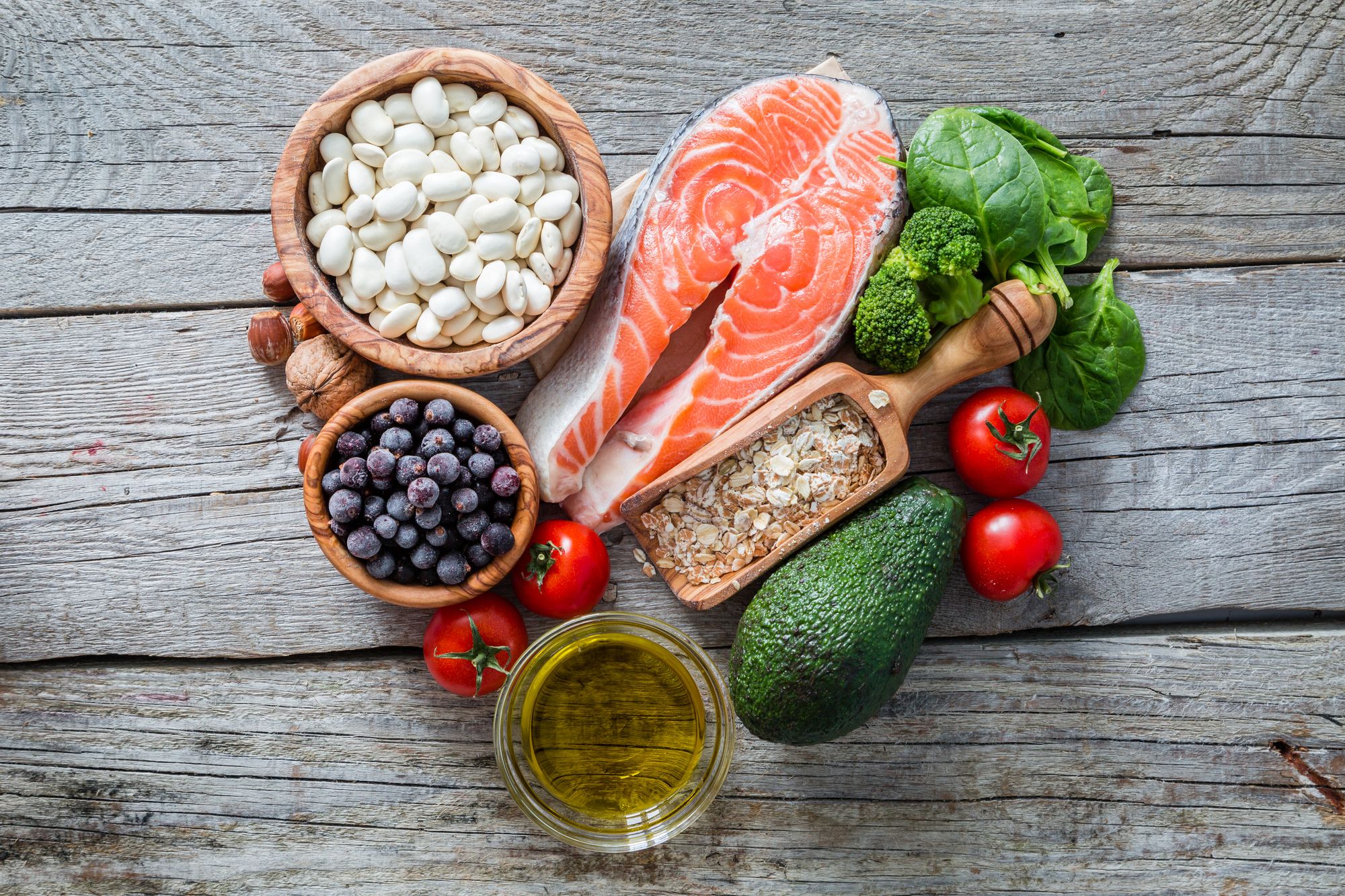
For individuals with diabetes, choosing the right proteins is crucial for managing blood sugar levels and supporting overall health. Protein-rich foods can help stabilize glucose levels, promote satiety, and provide essential nutrients. Let's explore some of the best protein options for people living with diabetes:
Lean Chicken:
Skinless chicken is an excellent source of lean protein. It is low in saturated fat and rich in essential amino acids. Protein is essential for repairing and building tissues, and it can help regulate blood sugar levels when combined with other nutrients in a balanced meal. Opt for grilled, baked, or roasted chicken for healthier preparation.
Turkey:
Similar to chicken, turkey offers lean protein with minimal carbohydrates. It provides essential nutrients such as vitamin B6, niacin, and selenium. A 3-ounce serving of ground turkey contains around 23 grams of protein, making it a satisfying and blood sugar-friendly option.
Vegan Protein Powder:
For individuals following a plant-based diet, high-quality, low-sugar vegan protein powders can be beneficial. These powders are often made from sources like pea, hemp, or rice protein, providing essential amino acids. Adding a scoop of vegan protein powder to smoothies with low-sugar fruits and non-dairy milk can create a nutritious and blood sugar-steadying breakfast.
Eggs:
Eggs are a nutrient-dense food, offering high-quality protein and essential vitamins and minerals. They are rich in choline, which supports brain function and heart health. Contrary to past concerns about cholesterol, research suggests that consuming eggs in moderation does not adversely affect heart health for most people.
Sardines:
Fatty fish like sardines are an excellent choice for individuals with diabetes. They are packed with heart-healthy omega-3 fatty acids, which have been shown to reduce inflammation, support cardiovascular health, and improve insulin sensitivity. Opt for boneless and skinless sardines packed in olive oil for added health benefits.
Salmon:
Salmon is another fatty fish that provides a rich source of omega-3 fatty acids. These beneficial fats help reduce triglyceride levels, lower inflammation, and support overall heart health. Including salmon in the diet can help reduce the risk of cardiovascular complications, which are common concerns for individuals with diabetes.
Greek Yogurt:
Greek yogurt is a protein-packed dairy option that contains probiotics, promoting gut health. Its protein content helps control hunger and keeps blood sugar levels stable. Choose plain Greek yogurt without added sugars and pair it with low-sugar fruits and nuts for a balanced snack or breakfast.
Organic Tofu & Tempeh:
For vegetarians and vegans, tofu and tempeh are excellent sources of plant-based protein. Tofu is made from soybeans and can take on various flavors and textures in recipes. Tempeh is a fermented soy product that provides additional health benefits due to its probiotic content. Both tofu and tempeh are versatile ingredients that can replace animal protein in various dishes.
Tuna Fish:
Canned tuna, particularly when paired with whole grains or vegetables, can be a satisfying and slow-digesting protein source. The combination of protein and healthy fats can help stabilize blood sugar levels and promote satiety. Choose tuna packed in water or olive oil and be mindful of sodium content.
Mackerel:
Mackerel, like other fatty fish, contains high levels of omega-3 fatty acids, which are essential for heart health. These fatty acids can reduce the risk of cardiovascular diseases, which are common complications of diabetes. Mackerel can be enjoyed fresh, frozen, or canned and provides a delicious and nutritious protein option.
The Best Vegetables for People with Diabetes: A Comprehensive Guide
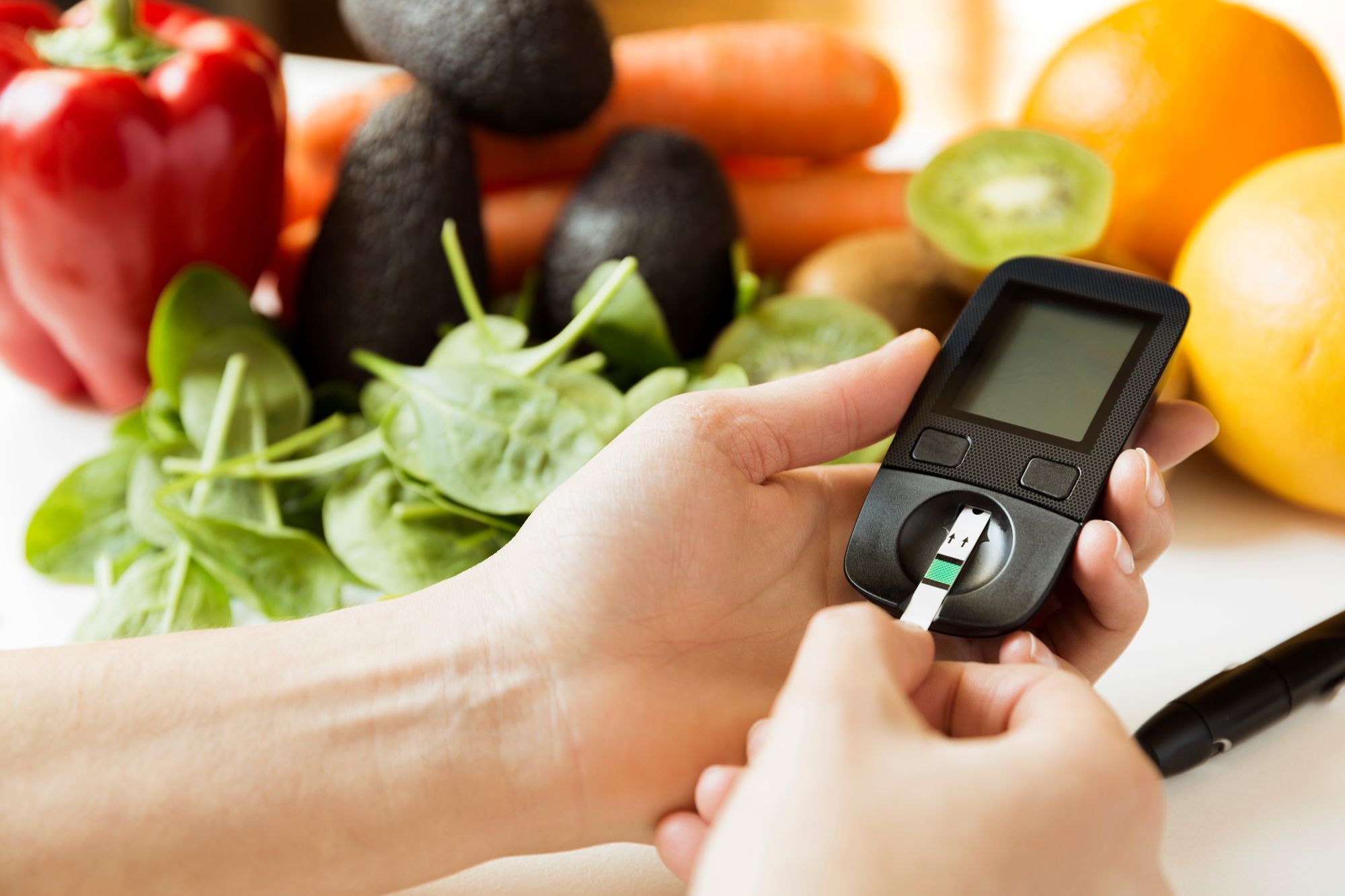
For individuals living with diabetes, choosing the right vegetables is crucial for managing blood sugar levels and promoting overall health. Non-starchy vegetables, which are low in carbohydrates and high in essential nutrients, play a significant role in supporting diabetes management. Let's delve into more details and information about the top vegetables that are particularly beneficial for people with diabetes:
Spinach:
Dark leafy greens like spinach are rich in lutein, an antioxidant that plays a vital role in eye health. Individuals with diabetes have a higher risk of eye-related issues, such as diabetic retinopathy. Including spinach in the diet can help mitigate this risk. Moreover, spinach is an excellent source of potassium, a mineral that helps regulate blood pressure and heart health. Potassium intake is crucial for diabetics as they are prone to cardiovascular complications.
Broccoli:
Broccoli is a member of the cruciferous vegetable family, known for its potential health benefits. Sulforaphane, a compound found in broccoli, has potent anti-inflammatory properties and may help reduce oxidative stress in the body. By doing so, it can alleviate vascular complications associated with diabetes, such as heart disease and nerve damage. Incorporating broccoli into the diet regularly can contribute to improved overall health for individuals with diabetes.
Bell Peppers:
Bell peppers, available in various colors like red, green, orange, and yellow, are not only visually appealing but also nutritious. They are low in carbohydrates and calories, making them an ideal choice for diabetics looking to manage their blood sugar levels. Additionally, bell peppers are rich in vitamin C, an antioxidant that supports the immune system and aids in wound healing.
Broccoli Sprouts:
Broccoli sprouts are a lesser-known but potent addition to the diabetic diet. They are exceptionally rich in sulforaphane, the same beneficial compound found in mature broccoli. Studies suggest that sulforaphane can exert antioxidant and anti-inflammatory effects, contributing to overall health and possibly reducing cancer risk. Incorporating broccoli sprouts into salads, sandwiches, or wraps can enhance the nutrient content of meals.
Zucchini:
Zucchini offers a delicious and low-carb alternative to traditional pasta, making it an excellent choice for people with diabetes. Zucchini noodles, also known as "zoodles," provide a satisfying texture and are highly versatile in various recipes. They are rich in vitamins and minerals, including vitamin C, potassium, and magnesium, all of which support heart health and blood pressure regulation.
Garlic:
Garlic is not only a flavorful addition to dishes but also offers several health benefits for individuals with diabetes. Studies suggest that garlic may help improve heart health by reducing cholesterol levels and blood pressure. It also contains various compounds with potential anti-diabetic effects, making it a valuable ingredient in diabetic-friendly recipes.
Bok Choy:
Bok choy is a type of Chinese cabbage and a nutrient powerhouse for people with diabetes. As a dark leafy green, it is rich in vitamins A, C, E, K, and folate, as well as essential minerals like calcium and iron. Additionally, bok choy has a low glycemic index, which means it has a minimal impact on blood sugar levels.
Celery:
Celery is an excellent low-calorie and low-carb snack option for diabetics. It is high in water content, making it hydrating and refreshing. Moreover, celery is a good source of dietary fiber, which aids in digestion and helps manage blood sugar levels. Enjoy it as a crunchy and satisfying snack with hummus or nut butter.
Kale:
Kale is often referred to as a superfood due to its dense nutrient profile. It is rich in fiber, antioxidants, vitamins, and minerals, making it a valuable addition to the diabetic diet. The fiber in kale slows down digestion, leading to better blood sugar control. Regular consumption of kale has been associated with a reduced risk of heart disease, which is a significant concern for people with diabetes.
Asparagus:
Asparagus is a delicious and nutrient-rich vegetable that supports heart health. It is an excellent source of folate, a B-vitamin that plays a crucial role in DNA synthesis and cardiovascular health. Studies suggest that folate supplementation may reduce cardiovascular risk among individuals with Type 2 diabetes.
Cauliflower:
Cauliflower is a versatile vegetable that can be transformed into various low-carb substitutes for high-carb ingredients. Cauliflower rice, for example, is an excellent alternative to traditional white rice for diabetics looking to manage their carbohydrate intake. Moreover, cauliflower contains sulforaphane, which may have anti-diabetic properties.
Carrots:
Carrots are a tasty and nutrient-rich snack for people with diabetes. They are low in calories and high in fiber, promoting satiety and helping manage blood sugar levels. Carrots are also an excellent source of vitamins A and K, which support eye health and blood clotting, respectively.
Red Onion:
Raw red onions contain oligofructose, a type of gut-healthy insoluble fiber that can help regulate hunger and lower blood sugar levels. Additionally, onions contain sulfur-containing compounds that promote heart health and have cholesterol-lowering properties.
Cabbage:
Cabbage is a versatile vegetable with a range of health benefits for individuals with diabetes. It is low in calories and high in fiber, contributing to better blood sugar control. Additionally, cabbage is a good source of vitamins C and K and offers several phytonutrients with potential health benefits.
Tomatoes:
Tomatoes are classified as low-carb vegetables by the American Diabetes Association. They are a rich source of the antioxidant lycopene, which has anti-inflammatory properties and supports overall health. Lycopene consumption has been linked to a reduced risk of heart disease, making tomatoes an excellent addition to a heart-healthy diabetic diet.
The Best Fruits for People with Diabetes: A Nutrient-Packed Guide
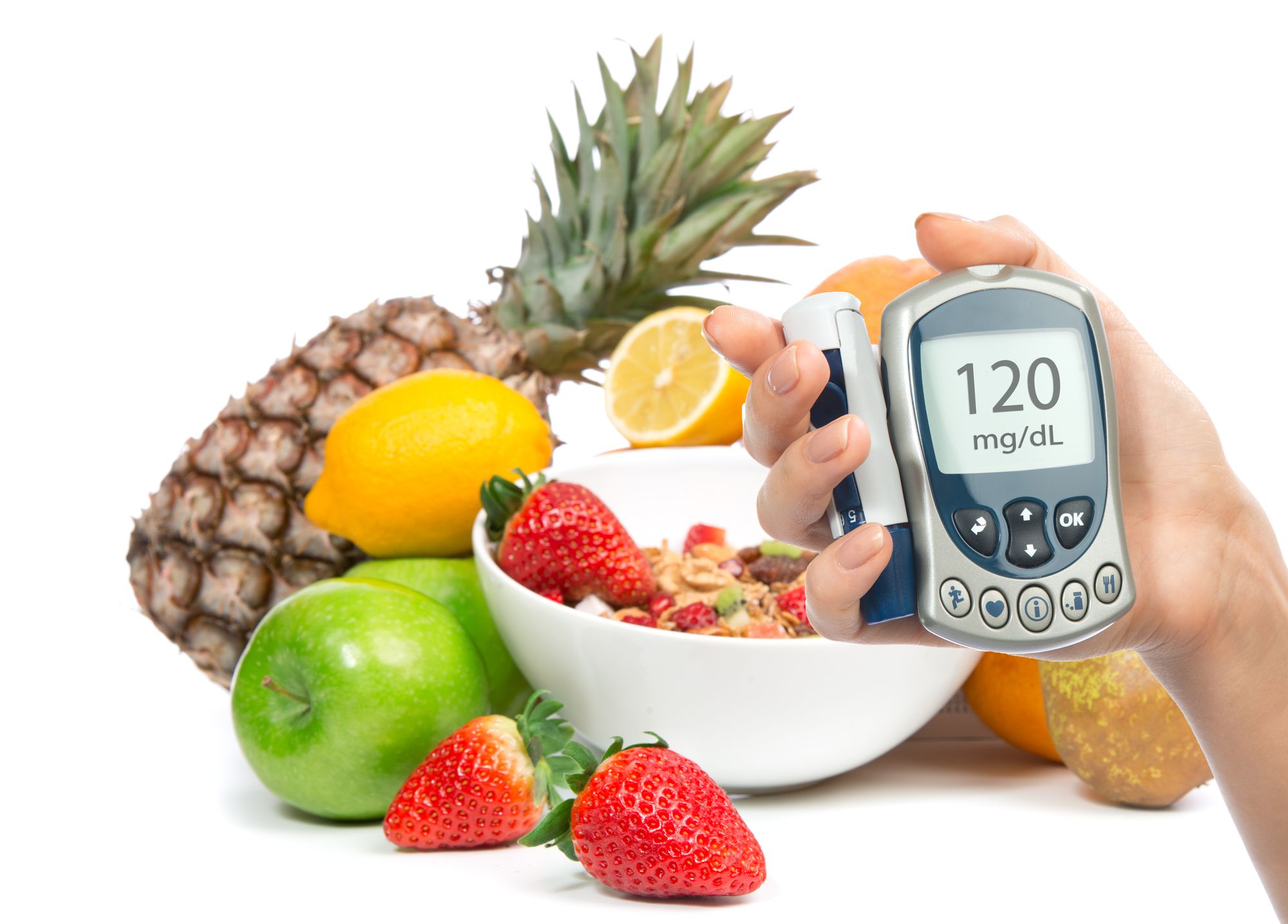
For individuals living with diabetes, choosing the right fruits is crucial for managing blood sugar levels while enjoying the natural sweetness and valuable nutrients that fruits provide. Fruits contain natural sugars, which can impact blood glucose levels, but some fruits are considered better options for diabetics due to their lower glycemic index, higher fiber content, and beneficial nutrients. Let's delve into more details and information about the top fruits that are both satisfying and diabetes-friendly:
Berries:
Berries, such as raspberries, blackberries, strawberries, and blueberries, are excellent choices for people with diabetes. They are low in sugar and high in fiber, making them ideal for controlling blood sugar levels. The fiber in berries helps slow down the absorption of sugar in the bloodstream, preventing rapid spikes in blood glucose. Additionally, berries are rich in antioxidants, which have various health benefits, including reducing inflammation and supporting heart health.
Bitter Melon:
Bitter melon is a less common fruit but has gained attention for its potential to lower blood sugar levels. Research suggests that bitter melon contains compounds that may mimic the action of insulin, the hormone responsible for regulating blood sugar. Studies have shown that bitter melon consumption can lead to decreased blood glucose levels in individuals with type 2 diabetes. Although its taste may be an acquired preference due to its bitterness, including bitter melon in the diet may be beneficial for diabetes management.
Apricots:
Apricots are a delicious and nutritious option for those with diabetes who crave something sweet. They have a lower glycemic index compared to some other sugary fruits, meaning they cause a slower and more gradual increase in blood sugar levels. Apricots are also a good source of dietary fiber, which aids in digestion and helps maintain steady blood sugar levels. Their vitamin A content contributes to eye health, which is particularly important for diabetics, as they have a higher risk of eye-related complications.
Apples:
Apples are a classic fruit choice that provides a satisfying combination of sweetness and crunch. With around 5 grams of fiber per medium-sized apple, they are an excellent source of soluble fiber, which helps slow down the digestion of carbohydrates and prevents rapid blood sugar spikes. Apples are also rich in vitamin C, an antioxidant that supports the immune system and aids in wound healing.
Pears:
Pears are another diabetes-friendly fruit option, similar to apples. They are high in fiber, providing digestive benefits and promoting better blood sugar control. Pears also contain potassium, a mineral that supports heart health and helps regulate blood pressure. Their natural sweetness and juicy texture make them a refreshing addition to the diet.
Cherries:
Cherries are not only delicious but also rich in antioxidants, particularly anthocyanins, which have anti-inflammatory properties. While cherries do contain natural sugars, they also offer valuable nutrients, making them a healthful choice for individuals with diabetes. As with all fruits, portion control is essential, and pairing cherries with protein or healthy fats can help minimize their impact on blood glucose levels.
Kiwi:
Kiwi is a nutrient-dense fruit with a unique combination of flavors and textures. It is low in sugar and high in fiber, making it an excellent option for diabetes management. The fiber in kiwi aids in digestion, promotes satiety, and slows the absorption of sugar into the bloodstream. Kiwi is also a rich source of vitamin C, which supports the immune system and collagen production.
Oranges:
Oranges are well-known for their high vitamin C content and refreshing citrus flavor. While they do contain natural sugars, oranges also offer dietary fiber, which helps regulate blood sugar levels. Including oranges in the diet can provide essential nutrients, but it's essential to consume them in moderation and pair them with protein or healthy fats to avoid rapid blood sugar spikes.
Avocado:
Avocado is a unique fruit with a creamy texture and mild taste. It is low in sugar and high in heart-healthy monounsaturated fats, which have been shown to improve insulin sensitivity and stabilize blood sugar levels. Avocado is also an excellent source of potassium, fiber, and various essential vitamins and minerals. Including avocado in the diet can enhance satiety and support overall health for individuals with diabetes.
Watermelon:
Watermelon is a refreshing and hydrating fruit, making it a popular choice, especially during hot weather. While watermelon is higher in sugar compared to some other fruits, it can still be enjoyed in moderation by individuals with diabetes. The high water content in watermelon helps promote hydration, and the natural sweetness makes it a satisfying treat. Pairing watermelon with protein or fiber can help mitigate its impact on blood glucose levels.
The Nutritional Powerhouse: Nuts, Seeds, and Spices for People with Diabetes
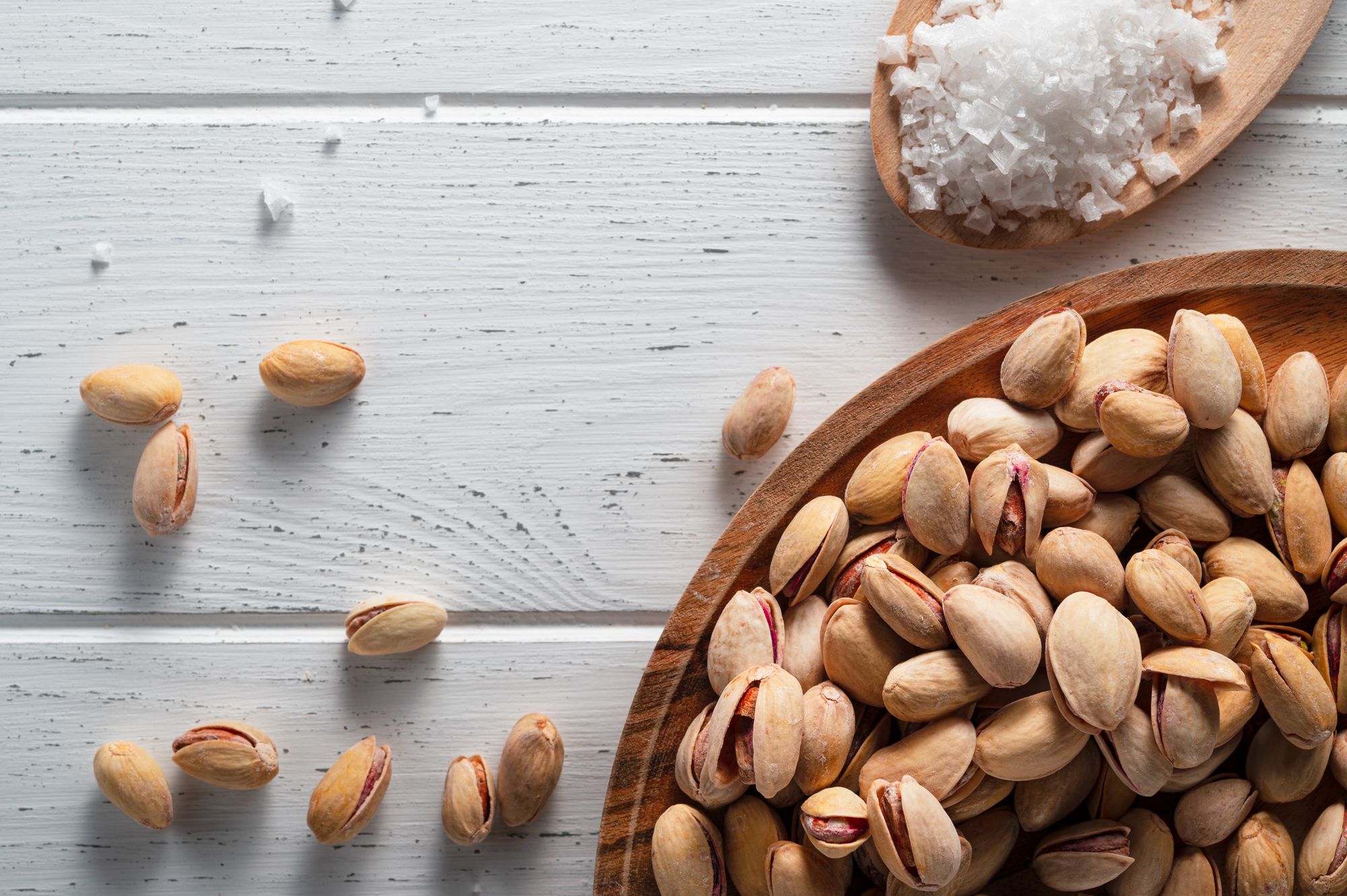
When it comes to managing diabetes, incorporating the right nuts, seeds, and spices into your diet can play a significant role in promoting better blood sugar control and overall health. Packed with healthy fats, fiber, and essential nutrients, these superfoods offer numerous benefits for individuals living with diabetes. Let's explore more details and information about the best nuts, seeds, and spices for diabetes management:
Peanut Butter:
Starting the day with a filling and balanced breakfast is essential for individuals with diabetes. Pairing a carbohydrate-rich breakfast option, like whole-grain toast or oats, with a tablespoon of natural peanut butter can add approximately five grams of healthy fats. These fats slow down digestion and provide satiety, keeping you fuller for longer and stabilizing blood sugar levels.
Ground Flaxseeds:
Adding ground flaxseeds to your meals, such as oatmeal, salads, soups, or smoothies, can provide a satisfying crunch and a dose of heart-healthy fats. Flaxseeds contain lignans and fiber, which contribute to maintaining blood sugar levels and glycemic control. The fiber content in flaxseeds slows the passage of glucose into the blood, reduces appetite, and promotes a feeling of fullness.
Raw Almonds:
As a nutritious and diabetes-friendly snack, raw almonds are recommended by experts. An ounce of almonds provides a good source of magnesium, which improves insulin sensitivity. Almonds don't raise blood sugar levels significantly and offer a convenient and satisfying option for those looking to manage their diabetes effectively.
Chia Seeds:
Chia seeds are a rich source of heart-healthy fats, fiber, and omega-3 fatty acids. Studies suggest that chia seeds can help control blood glucose levels due to their fiber content, which slows the absorption of glucose into the bloodstream. This can aid in reducing appetite and overall food intake. Enjoy chia seeds in various ways, such as in yogurt, smoothies, or salads, to add a nutritional boost to your meals.
Walnuts:
Among all nuts, walnuts stand out for their high omega-3 content, making them an excellent choice for people with diabetes. Omega-3 fatty acids are beneficial for heart health and may contribute to improved insulin sensitivity. When consuming nuts, be mindful of portion sizes to avoid excessive calorie intake.
Cinnamon:
Adding cinnamon to meals can have positive effects on blood sugar stability. Studies have shown that cinnamon can help stabilize blood sugar levels, ward off insulin spikes, and reduce fasting blood sugar. The spice's powerful antioxidants, known as polyphenols, play a role in improving insulin sensitivity and supporting better fat storage and hunger management.
Pistachios:
If you're craving a salty snack, opt for pistachios over less nutritious options like potato chips and pretzels. Pistachios are a protein-rich nut that also contains fiber, providing a perfect combination for diabetes-friendly snacking. Consuming pistachios won't cause significant blood sugar spikes and can help keep you feeling full for an extended period.
Top Picks: Healthy Fats for People with Diabetes
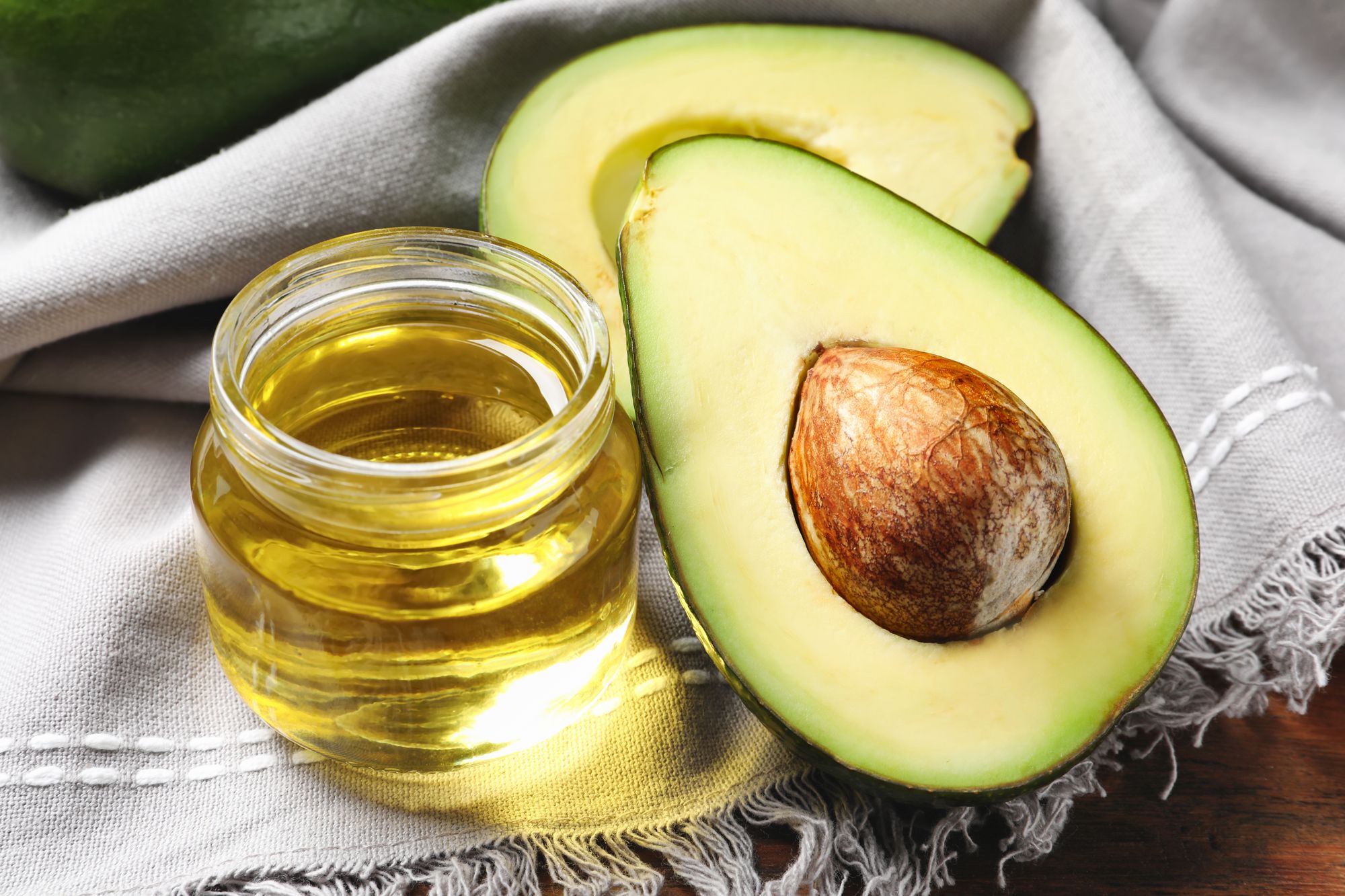
Healthy fats are a crucial component of a balanced diet for individuals with diabetes. Not only do they play a role in regulating blood sugar levels, but they also support heart health and help manage inflammation. Incorporating small amounts of these healthy fats into each meal, as recommended by the ADA's Diabetes Plate Method, can provide numerous benefits for diabetics. Let's explore the best healthy fats for people with diabetes:
Avocado:
This creamy and nutritious fruit is a favorite among health-conscious individuals, and for good reason. Avocados are rich in healthful fats and dietary fiber, which work together to slow carbohydrate digestion and absorption, preventing spikes in blood sugar levels. As a result, avocados are considered one of the best foods for diabetics seeking to maintain healthy blood glucose levels.
Extra Virgin Olive Oil (EVOO):
Upgrade your cooking oil to extra virgin olive oil for its remarkable health benefits. EVOO is high in monounsaturated fats, which have been shown to reduce levels of "bad" LDL cholesterol. Managing cholesterol levels is especially crucial for people with diabetes, as they are at higher risk of heart-related complications. EVOO's oleic acid content also aids in reducing fat formation, making it a favorable choice for those looking to manage their weight.
MCT Oil:
Medium-chain triglycerides (MCT) oil, derived from fatty acids, is renowned for its brain-boosting properties. Additionally, MCT oil can be used in small amounts to replace other fat sources in meals. Due to its unique structure, the body may use MCT oil as a preferred fuel source, reducing the likelihood of fat storage.
Dark Chocolate (60% cacao or above):
Delectable and diabetes-friendly, dark chocolate with a cacao content of 60% or higher offers health benefits without causing significant blood sugar spikes. However, it's essential to read the ingredients and nutrition label to ensure there are no added sugars or unhealthy additives. Consuming one ounce or a square per day can even help lower the stress hormone cortisol and satisfy milk chocolate cravings. Additionally, cacao is rich in antioxidants, which combat inflammation and promote overall health.
Top Picks: Best Drinks for Diabetics

When it comes to choosing beverages, people with diabetes should opt for low-carb, low-calorie options that won't spike blood sugar levels. Here are some of the best drinks for diabetics that are both hydrating and beneficial for overall health:
Green Tea:
Green tea is a highly recommended beverage for individuals with diabetes due to its numerous health benefits. Besides being hydrating, green tea is filling and can help prevent overeating, promoting stable blood sugar levels and supporting weight loss efforts by increasing feelings of satiety. Additionally, green tea is known to boost metabolism and reduce fat storage. However, keep in mind that green tea contains caffeine, and it's best to limit daily caffeine intake to no more than 400 milligrams, as recommended by the FDA.
Seltzer:
Swap sugary sodas and sweetened beverages for unsweetened seltzer. Unlike these high-sugar drinks that can disrupt blood sugar levels, unsweetened seltzer is a refreshing and low-calorie option. You can try flavored brands like Spindrift, or simply add a splash of lemon, lime, or fresh mint to plain club soda or seltzer for added taste.
Bone Broth:
Bone broth is a nutritious and protein-rich option that can be a satisfying snack for people with diabetes. Packed with collagen, bone broth supports satiety and can help stabilize blood sugar levels. Be mindful of the sodium content and choose no added sodium or low-sodium options whenever possible.

